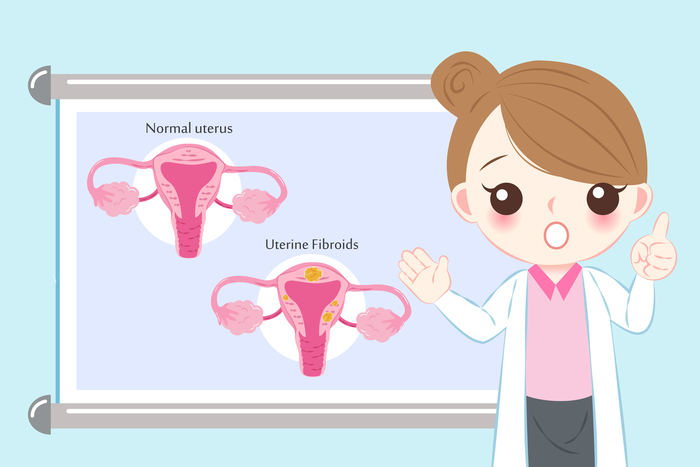How IVF Is Helping Women with Uterine Abnormalities
Understanding Uterine Abnormalities
Uterine abnormalities come in different forms. Some women are born with an irregularly shaped uterus, while others develop issues over time. (Source: ColumbiaDoctors) Common conditions include fibroids, endometrial polyps, and uterine septum. In some cases, scarring from previous surgeries or infections can also affect fertility.
These conditions can make it harder for an embryo to implant or develop properly. Some women experience recurrent miscarriages, while others struggle with conception. The severity of the issue varies, but many women facing these challenges turn to IVF as a potential solution.

How IVF Overcomes Uterine Challenges
One of the biggest advantages of IVF is that it allows doctors to work around uterine abnormalities in ways that natural conception cannot. Here’s how IVF is making a difference:
• Embryo Selection: Through IVF, doctors can monitor embryo development in the lab before implantation. This helps identify the healthiest embryos, increasing the chances of a successful pregnancy. (Source: NIH) • Preimplantation Genetic Testing (PGT): Some women with uterine abnormalities may also have a higher risk of genetic issues. PGT helps ensure that only embryos with normal chromosomes are transferred, reducing the risk of miscarriage.
• Optimized Uterine Environment: Before an embryo is transferred, doctors prepare the uterine lining to improve the chances of implantation. This may involve hormone treatments or minor surgical procedures to correct structural issues.
• Gestational Surrogacy: In cases where carrying a pregnancy is not possible, IVF allows women to have a biological child through a surrogate. The intended mother’s egg is fertilized, and the embryo is transferred to the surrogate’s uterus.
Improving Success Rates with Personalized Care
Every woman’s fertility journey is unique. Doctors create personalized treatment plans to address specific uterine abnormalities and improve success rates. Some women may need surgery before starting IVF to remove fibroids or correct structural issues. Others may benefit from medications that help thicken the uterine lining for better embryo implantation.
Lifestyle factors also play a role in IVF success. Maintaining a balanced diet, reducing stress, and avoiding smoking or excessive alcohol can support reproductive health. Women with uterine abnormalities often find that a combination of medical treatments and lifestyle changes helps improve their chances of pregnancy.
Looking Ahead with Hope
For women with uterine abnormalities, IVF offers a path forward. With modern technology, doctors can work around structural challenges, select the healthiest embryos, and improve implantation conditions. (Source: Monash) While the journey may have its ups and downs, many women who once thought pregnancy was impossible are now experiencing the joy of motherhood through IVF.
By understanding available options and seeking expert care, women facing uterine abnormalities can take positive steps toward building the family they’ve always dreamed of.
Sources:
ColumbiaDoctors - Columbiadoctors.org/treatments-conditions/uterine-anomaly
NIH - Ncbi.nlm.nih.gov/articles/PMC4290130/
Monash - Monash.edu/news/articles/ivf-innovation-boosts-viable-embryo-selection-study






